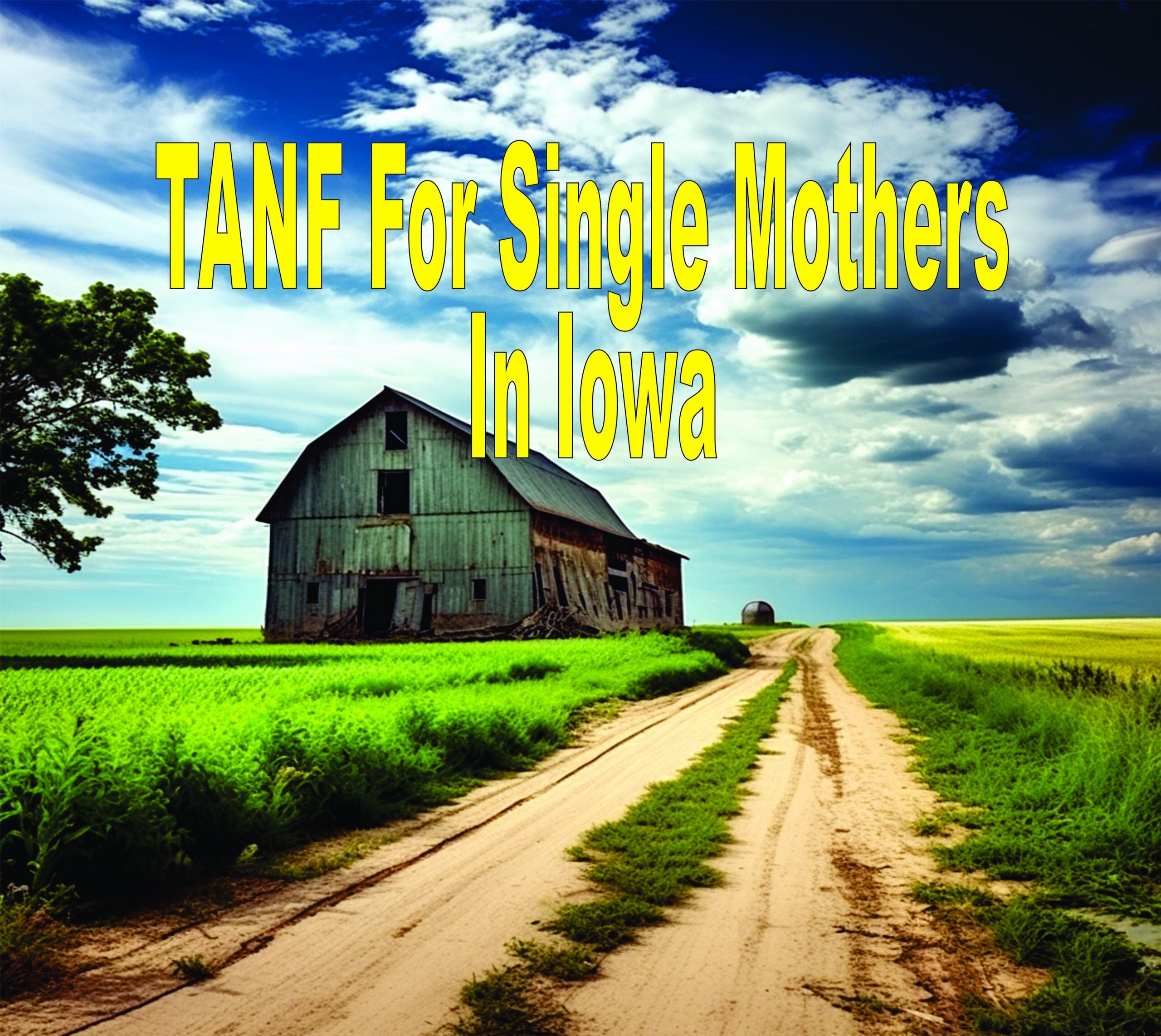Last Updated on October 9, 2023 by Lori Pace
If you’re a low-income family in Iowa, you may be eligible for Temporary Assistance for Needy Families (TANF). The TANF, also known as the Iowa Family Investment Program, is a federal program that provides financial assistance to single mothers and families with children under the age of 18. The program aims to help families become self-sufficient by providing support through various services and benefits.
To be eligible for Iowa TANF, you must meet specific criteria, including income and family size requirements. In addition, you must participate in work-related activities to help you gain skills and find employment.
While there are limitations and restrictions to the program, Iowa TANF can provide much-needed support to families who are struggling to make ends meet.
In this article, we’ll explore the benefits and services provided by Iowa TANF, the eligibility requirements, application guidelines, work-related activities, and the limitations and restrictions of the program.
Benefits and Services Provided
FIP offers a range of benefits and services to help eligible single moms in Iowa support their families. This includes monthly cash assistance for needy families, employment and training services through PROMISE JOBS, and a Family Investment Agreement.
The monthly cash benefits have a lifetime limit of 60 months, but the program also provides training programs to help participants gain technical skills for greater job opportunities. The program also emphasizes the importance of finding suitable child care. This service is provided to give working adults more chances to focus better on finding better employment focus and stability.
Overall, FIP aims to provide temporary assistance to low-income families and help them become self-sufficient through education and employment opportunities.

Eligibility Requirements For Iowa TANF
To be eligible for financial assistance through the Iowa Family Investment Program (FIP), you must meet specific requirements. These include being a U.S. citizen or a legal alien and a permanent resident in Iowa. Having a dependent child under 18 or 19 still in high school or being a pregnant woman also qualifies you to receive the benefit.
Additionally, the household income must be below the income limits, and the family must have little to no assets. Able-bodied recipients, unemployed or under-employed, must also be willing to participate in work-related activities, such as job training or education programs.
Application Guidelines For TANF IOWA
To apply, make sure you meet the eligibility requirements. These include being a U.S. citizen or a legally qualified alien living in Iowa, having a dependent child under the age of 18 or 19 and still in high school, and meeting income and resource limits.
Once you have confirmed your eligibility, you can obtain an application from any local DHS office in your county or apply online through OASIS DHS Online Application for State of Iowa Services for expedited processing.

Work-Related Activities and Self-Sufficiency Program
Get ready to gain new skills and increase your chances of self-sufficiency by participating in the employment and training services provided by PROMISE JOBS through the Iowa Family Investment Program (FIP).
PROMISE JOBS is a training program that helps FIP participants plan to support their families independently. The plan is called a Family Investment Agreement (FIA), a signed agreement between the participant and the state of Iowa.
The FIA outlines the participant’s goals, employment, and training activities, and actions to increase their income and become financially independent. The program requires participants to engage in work-related activities such as job search, work experience, on-the-job training, or education and training.
The program also provides suitable child care for the participant’s children while participating in these activities.
By participating in PROMISE JOBS, you can gain new skills, increase your income, and work towards self-sufficiency.
Limitations and Restrictions For Iowa TANF
Unfortunately, some restrictions and limitations come with participating in work-related activities as part of the Iowa TANF program. These limitations include:
- The program requires that a participant be responsible for a minor child or children in their care.
- They must participate in a work or training program for at least 30 hours per week.
- They must only receive monthly cash benefits for no longer than 60 months.
- If they are under 20, they must be enrolled in a full-time secondary school program.
These restrictions are put in place by the Office of Family Assistance to ensure that the program remains focused on its goal of helping participants achieve financial stability and independence.
Frequently Asked Questions
How does Iowa TANF differ from other state welfare programs?
If you compare Iowa TANF to other state welfare programs, you’ll notice differences in eligibility requirements, benefit amounts, and duration of assistance. These variations are influenced by state policies, funding, and demographics.
Can a person receive Iowa TANF benefits while attending college or vocational school?
Yes, Iowa TANF allows individuals to receive benefits while attending college or vocational school as long as they comply with specific requirements, such as maintaining satisfactory academic progress and meeting work requirements.
Are there any income limits for those who are eligible for Iowa TANF?
You must meet income eligibility requirements to receive Iowa TANF benefits. Your household income must not exceed 150% of the federal poverty level. Income limits vary based on household size.
What happens if a recipient of Iowa TANF does not meet the work-related activities requirement?
If you don’t meet work-related requirements while receiving TANF, your benefits may be reduced or terminated. You may also be required to participate in work-related activities. Contact your state’s TANF agency for specific information.
Is there a time limit for how long a person can receive Iowa TANF benefits?
You can receive Iowa TANF benefits for a maximum of 60 months, but individual circumstances may affect the duration of assistance. After the time limit has been reached, you may no longer receive benefits.
Conclusion
The program aims to provide temporary financial assistance to low-income families with children and help them achieve financial independence through work-related activities and other supportive services.
While the program has its limitations and restrictions, it can still prove to be a valuable resource for families in need. If you are eligible for the Iowa TANF program, don’t hesitate to reach out and apply.
Remember, the program is designed to help families overcome financial hardship and achieve long-term stability, so take advantage of the resources available to you.

